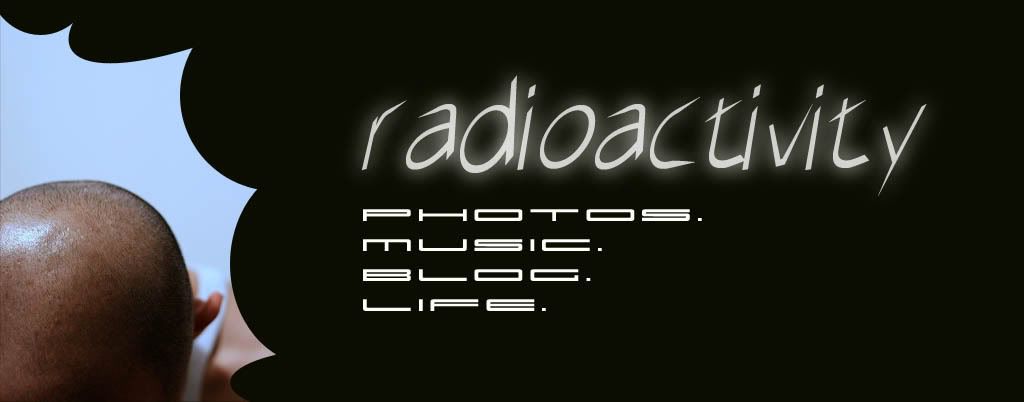Kafkaesque

This word started off my curiosity with literary giant Franz Kafka. I’ve heard his name in the past but my curiosity never got aroused. He was one of those high-browed names I chose not to read because I thought I would never understand their work anyway. I don’t want to make myself feel stupid.
I went to Powerbooks last Sunday hunting for new reads. I just finished the juvenile but very entertaining Harry Potter and the Half-Blood Prince. Before that I read The Chronicles of Narnia just in time for the movie’s showing. Anyway, I’m digressing. I had a book in mind already. I’ve always wanted to buy The Historian by Elizabeth Kostova ever since I first saw it on the shelves months ago. They only had hard-bound copies then which cost a fortune. I also had other books in mind back then so I put The Historian in queue. I finally bought a soft-bound pocket-sized copy last Sunday. While looking around, I saw Franz Kafka’s The Great Wall of China in the classics section. The word “Kafkaesque” came to my mind. I didn’t know exactly what that word meant except that an acquaintance of mine kept brandishing it to my face some time ago. I checked out an open copy of the very thin collection of shorts. It opened to the page of with a very short piece called "A Little Fable" which tells about a mouse whose world seemed to be growing smaller, closing in on him, as if its walls were crashing him. The mouse was unknowingly walking himself toward a corner of a room where a cat was waiting for him. The cat tells him in the end that the mouse could’ve saved himself if he just walked the other direction, away from the corners, away from the walls, away from the cat, and into the open space. That very wise suggestion the cat gave before eating the mouse.
What got my attention was Kafka’s dark and cruel perception of the world. You get no fairy tale endings from him, just plain tragedy. But it is not the sad kind of tragedy. The gloom that looms from his first few statements make you expect a not-so-hopeful ending. In fact, the mood he sets is downright hopeless. This expectation cushions, if not eliminates, the trauma of a tragic ending. Of course I am not generalizing Kafka’s body of work as if I read its full breadth. Aside from the collection I mentioned, the other Kafka work I read is The Metamorphosis which is supposedly his most famous.
Kafka’s major appeal to me is that in some strange and probably unexplained manner, Kafkaesque so to speak, I can relate to his characters. I don’t know if that means I am a sad tragedy waiting to happen. But I do find some comfort in the normalcy of how he presents loneliness and cruelty. I am not hallucinating after all. He confirmed that the world is sad. I just hope he is wrong though to believe that the only way to fight it is by dying.


No comments:
Post a Comment